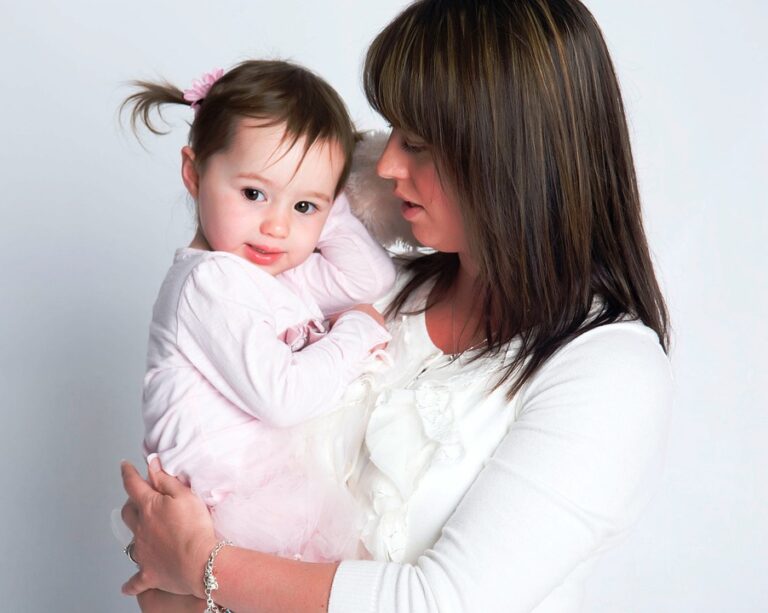
[ad_1]
Raising Confident and Happy Kids: The Role of Positive Reinforcement in Parenting
As parents, we all want the best for our children. We want them to grow up to be confident, happy, and well-adjusted individuals. One of the key ways to achieve this is through positive reinforcement in parenting. Positive reinforcement involves rewarding and praising good behavior, which encourages children to continue behaving in a positive way. In this article, we will explore the role of positive reinforcement in raising confident and happy kids, using real-life examples and taking a storytelling approach to illustrate its effectiveness.
The Power of Positive Reinforcement
Positive reinforcement is a powerful tool in shaping a child’s behavior. When children receive praise and rewards for their good behavior, they are more likely to repeat that behavior in the future. For example, when a child cleans their room without being asked, and they receive praise and a small reward for their efforts, they are more likely to continue cleaning their room without being reminded in the future.
One real-life example of positive reinforcement in action is the story of Sarah and her son, James. Sarah noticed that James was struggling with sharing his toys with his younger sister. Instead of scolding him for not sharing, Sarah started praising and rewarding him whenever he did share with his sister. Over time, James began to share more willingly, and his relationship with his sister improved significantly. This shows the power of positive reinforcement in shaping children’s behavior.
The Importance of Building Confidence
Positive reinforcement also plays a crucial role in building children’s confidence. When children receive praise and recognition for their efforts, they begin to develop a sense of accomplishment and self-worth. This, in turn, boosts their confidence and self-esteem. When children feel confident in themselves, they are more likely to take on new challenges and persevere in the face of obstacles.
An example of this is the story of Chris, a shy and reserved child who struggled with speaking up in class. His parents started using positive reinforcement to encourage him to participate in class discussions. They praised him whenever he spoke up and even gave him small rewards for his efforts. Over time, Chris’s confidence grew, and he became more comfortable speaking in front of his classmates. Positive reinforcement helped him overcome his shyness and build confidence in himself.
The Role of Positive Reinforcement in Happiness
In addition to building confidence, positive reinforcement also contributes to children’s overall happiness. When children feel appreciated and valued for their positive behavior, they experience a sense of happiness and fulfillment. This positivity can have a long-lasting impact on their emotional well-being and mental health.
One powerful example of this is the story of Emily, a young girl who struggled with low self-esteem. Her parents started using positive reinforcement to acknowledge and praise her for her achievements, big or small. As a result, Emily began to feel more confident and happy in herself. The positive feedback she received from her parents played a significant role in improving her overall happiness and well-being.
Conclusion
Positive reinforcement is a valuable tool in parenting that can help raise confident and happy kids. By praising and rewarding children for their positive behavior, parents can shape their children’s behavior and instill confidence and happiness in them. Real-life examples, such as the stories of Sarah and James, Chris, and Emily, illustrate the power of positive reinforcement in action. It is clear that positive reinforcement has a significant impact on children’s behavior, confidence, and happiness, making it an essential element of effective parenting.
FAQs
What are some examples of positive reinforcement in parenting?
Examples of positive reinforcement in parenting include praising and rewarding children for completing chores, displaying good manners, or showing kindness to others. Parents can also use verbal acknowledgment and small tokens of appreciation to reinforce positive behavior.
How can positive reinforcement help build confidence in children?
Positive reinforcement helps build confidence in children by acknowledging and praising their efforts and achievements. When children receive positive feedback for their behavior, they develop a sense of accomplishment and self-worth, which boosts their confidence.
What are the long-term benefits of using positive reinforcement in parenting?
The long-term benefits of using positive reinforcement in parenting include shaping children’s behavior in a positive way, building their confidence and self-esteem, and contributing to their overall happiness and well-being. Positive reinforcement can also strengthen the parent-child bond and create a positive and supportive family environment.
Is positive reinforcement the only parenting technique that should be used?
While positive reinforcement is an effective parenting technique, it should be used in conjunction with other strategies, such as setting clear expectations, providing guidance and discipline, and fostering open communication with children. A balanced approach that incorporates various parenting techniques is essential for raising confident and happy kids.
[ad_2]